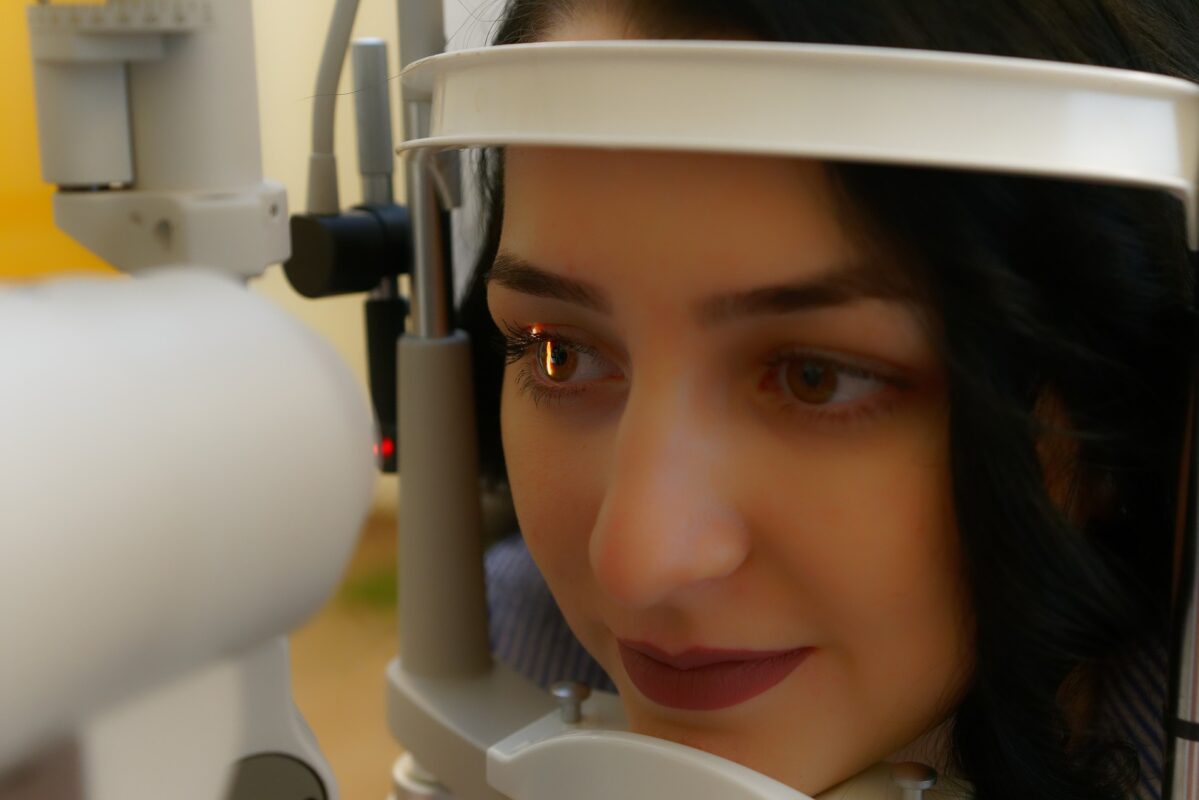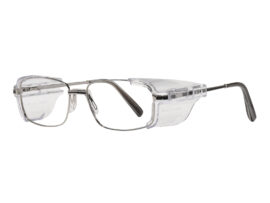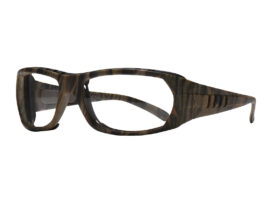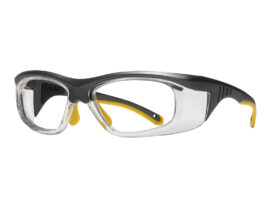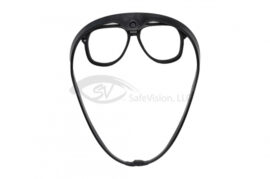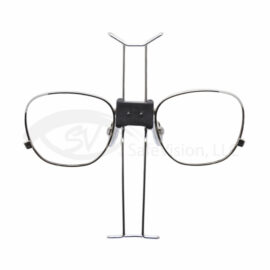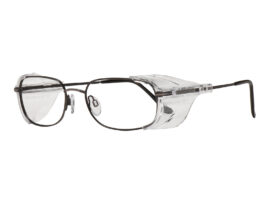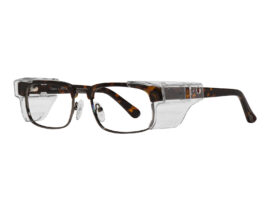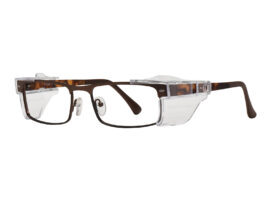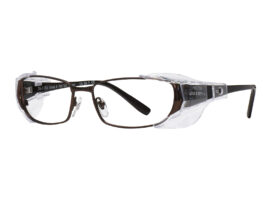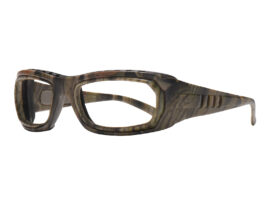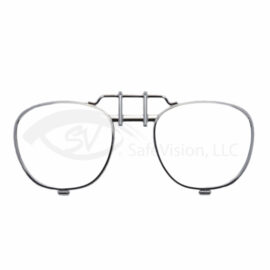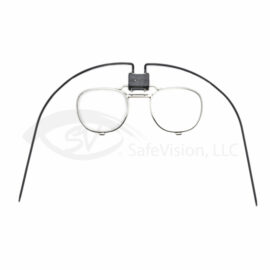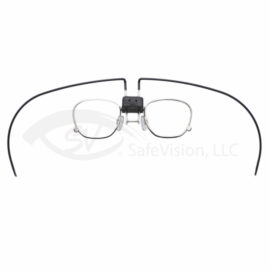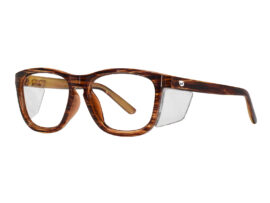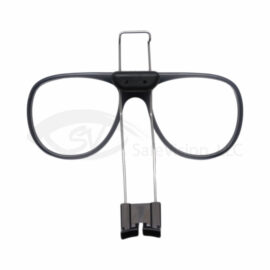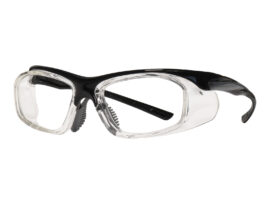Eye Health
Can Safety Glasses Help Prevent Or Slow Down Cataract Development?
Cataracts, which occur when the eyes’ natural lenses clouds over, greatly diminish one’s vision and quality of life.
They often happen naturally over time as we age, but according to the National Eye Institute, another factor that increases the risk and severity of cataracts is extended exposure to UV rays from the sun.
You may know how UV rays damage your skin, but it’s time to consider how they may affect your eyes.
It’s important to know that not all sunglasses protect against UV. A dark tint to the lenses doesn’t mean they inherently block these harmful rays. Polycarbonate, Trivex and high index lens materials offer 100% UV protection even when they’re clear. Meanwhile, plastic lenses require UV coatings.
At SafeVision we offer prescription safety sunglasses made from these UV protective materials in a variety of options including tinted, light-reactive and polarized. When made properly, prescription safety sunglasses can help in the following ways.
UV Protection
Just like you wear a hat or sunblock to protect your skin from UV rays on a sunny day, wearing prescription safety sunglasses can offer similar protection for your eyes.
UV exposure to the eyes over a long period of time can cause what is known as oxidative damage to the cells in your eyes’ lenses, which results in them losing their transparency and therefore your eyes’ ability to transmit light to the retina. This is what happens when you have cataracts.
Our prescription lenses are made from UV protective materials and coatings. If you are often exposed to UV rays due to working outside or while driving for extended periods of time, it’s a good idea to invest in a quality pair of prescription safety sunglasses which may help reduce UV-related cataract risks.
If you have already developed cataracts, preventing full exposure to UV rays may slow the progress of the lens clouding.
Reduced Glare
Reflective surfaces such as water, snow or even the windshields from other cars can produce blinding glare which is dangerous when operating a vehicle or other heavy equipment. Furthermore, the UV rays come with this glare so wearing a hat or working under some sort of shade doesn’t fully protect you against them.
Here again it’s important to know the difference between the different types of lenses for your sunglasses. Tinted or light-reactive lenses which darken when exposed to UV rays do not reduce harmful glare. When made from the proper materials they do protect against UV rays but they don’t block out the blinding glare. Only polarized lenses offer this additional protection.
Using polarized lenses gives you better all-around protection from both UV light and glare, which can both improve your eyesight outdoors and protect against cataract development and advancement.
Ease Discomfort
Many people report being extremely sensitive to light, most often harsh or bright light, while developing cataracts.
This causes eye discomfort and a decrease in vision quality. With tinted, light-reactive, and polarized lenses, more light is filtered and dispersed which not only aids vision but may ease this light sensitivity and all the discomfort and frustration that comes with it.
So, Can Safety Glasses Help Prevent or Slow Down Cataract Development?
Most often, cataracts develop naturally with age, so there is no real way to entirely prevent them.
However, with the knowledge that sun exposure contributes to the onset and/or worsening of cataracts, actively protecting yourself from UV rays and eye discomfort using properly manufactured glasses can help reduce oxidative damage, and therefore slow down the cataracts getting worse.
View our wide selection of prescription safety glasses which are all available with polycarbonate or Trivex lenses and can be made with tinted, light-reactive, or polarized options.

